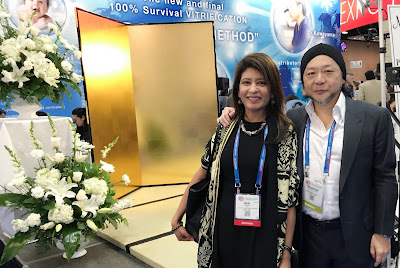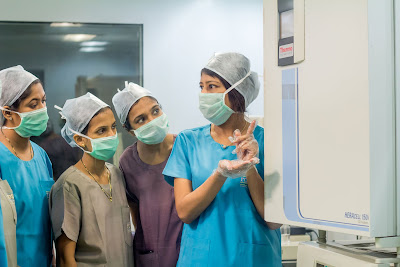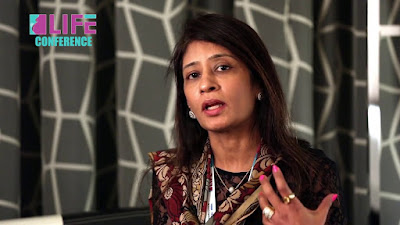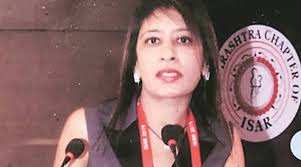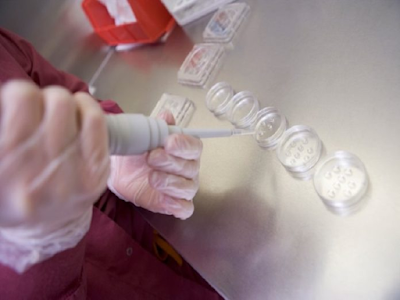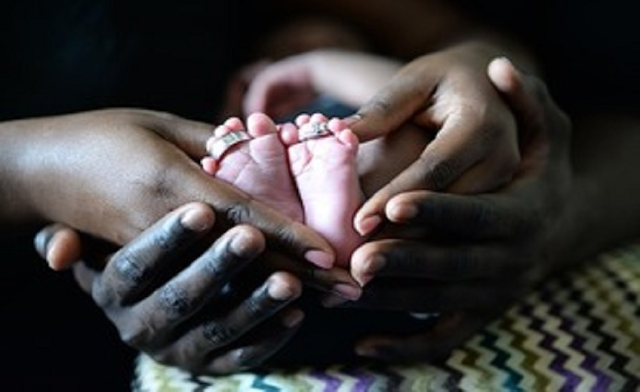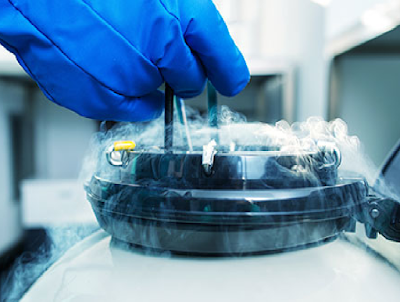Infertility is becoming more common in India than most people think. One in seven couples trying to have a baby suffer from infertility. Recent studies also reveal that after a year of trying to conceive, as many as 15 percents of couples are unable to conceive a child.
The study also revealed that after two years, about 10 percent of couples had still remained unsuccessful in achieving a pregnancy. The scenario is dramatically different than it was 20 or 30 years ago. Moreover, infertility is expected to increase in the future. By 2025, almost 10 million couples are expected to encounter problems in having a baby.
“Infertility among couples has dramatically increased over the years. About a decade ago, only two in 10 women would be infertile. The number has now increased to six. Most women in India are unaware of safe clinics, and unethical practices are quite rampant,” said Dr Sunitha, Managing Director of Sumathi Hospitals.
Surprisingly, only 45 percent of couples visit a doctor when they are trying to conceive, and a mere 1 percent of infertile couples seek treatment. To make matters worse, 55 percent of women are not even aware of ovulation tracking products like fertility monitors and 75 percent of men don’t. The crunch of IVF experts and embryologists only adds to the problem.
Infertility among couples is a result of a wide range of factors. Some lifestyle factors leading to infertility include increasing marital age, increased alcohol and tobacco consumption and obesity. Clinical factors that contribute to infertility include increasing prevalence of medical conditions such as PCOS, endometrial tuberculosis and Sexually Transmitted Infections (STIs).
With the issues related to infertility on a rise, the nation requires clinical experts to deal with the incumbent cultural stigma as well as the medicine. In a time of dramatic technological changes, while countries like Japan are researching the use of stem cells to create animal embryos that contain human cells, India is preventing assisted reproductive techniques like surrogacy.
According to Goral Gandhi, a Mumbai-based embryologist, the country needs more clinical experts to facilitate assisted reproduction that can aid infertile couples.
Goral Gandhi has been at the forefront of embryology and IVF in India and is currently serving as the Scientific and Laboratory Director at Indo Nippon IVF Bandra Mumbai.
Dr Goral Gandhi also has been instrumental in establishing assisted conception labs – with a focus on better practices in IVF, as well as education in all aspects of embryology and laboratory management.
Infertility in couples doesn’t mean it’s a dead-end for procreation. Assisted reproductive techniques like In Vitro Fertilisation (IVF), Intra Cytoplasmic Sperm Injection (ICSI), etc are bringing hope to a large number of couples struggling with infertility. All that’s needed is improved facilities and increased availability of assisted reproduction experts in the country.


